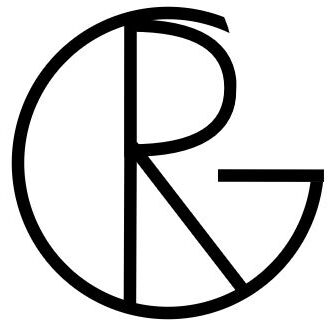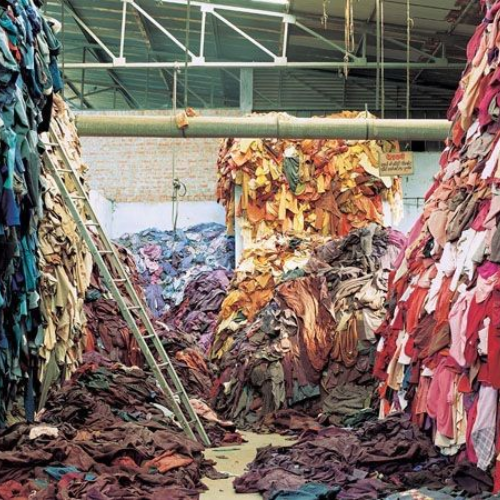On March 14, 2024, France’s lawmakers made a big move toward holding fast fashion brands accountable for their environmental impact. This decision came as the lower house of parliament approved a bill aiming to impose fines on these brands as a way to limit their harmful effects on the environment.
The bill proposes a gradual increase in penalties, reaching up to 10 euros per item by 2030. Alongside this, it suggests banning fast fashion advertisements in France and mandating these companies to provide clear information about the environmental impact and recycling options for their products on their websites.
Although the ban received unanimous approval from the lower house of parliament, it still needs to pass through the Senate to officially become law.
This move has already gained significant support from various industry voices. The minister of Ecological Transition Christophe Béchu wrote on X, “A big step has been taken to reduce the environmental footprint of the textile sector.“
The Impact of Fast Fashion
The fast fashion business model has revolutionized the fashion industry, offering consumers trendy designs at affordable prices and a constant stream of new designs. Every day, ultra-fast fashion brands like Shein introduce over a thousand new looks on their websites. Moreover, these brands are continuously pushing the boundaries of speed in clothing production through technological advancements.
This rapid turnover comes at a cost. Many of these garments are made from low-quality materials like polyester, notorious for its significant environmental footprint. The manufacturing process further worsens the problem, demanding huge amounts of water, energy, and chemicals. It is estimated that the fashion industry is the second-largest consumer of water and is responsible for roughly 8 percent of global greenhouse gas emissions.
Furthermore, the rush to produce cheaply and quickly often leads to exploitive labor practices in the factories. Garment workers are subjected to unhealthy and unsafe working conditions, and usually earn less than a living wage.
And of course, once these items are in the hands of the consumers the items can be worn only a couple of times before the holes start to appear, leading to a frustratingly short lifespan. But not to worry, because in that short time, many new styles have been produced, solidifying the continuous fast fashion cycle.
The French fast fashion bill: what would change?
Ultimately, if the bill would be approved by the French senate, consumer information and awareness on the impact of the fast fashion industry would increase. This increased awareness could encourage consumers to opt for a repair, reuse, or recycle alternative for their clothes instead of simply discarding them.
Furthermore, the ban on advertisements would reduce the visibility and influence of fast fashion brands, potentially altering consumer perceptions of these brands and making them less desirable. This shift in perception could create space for genuinely sustainable brands to gain prominence and raise awareness about their products.
Moreover, the bill would hold clothing producers accountable for their environmental impact by imposing fines based on their production practices. This would—hopefully—compel producers to rethink their methods and prioritize sustainability in clothing production.
Sources
All pictures link to their source, and all credits go to the rightful owners.
You can find the header picture here.
Image Credit: Luke Webb on Pexel





